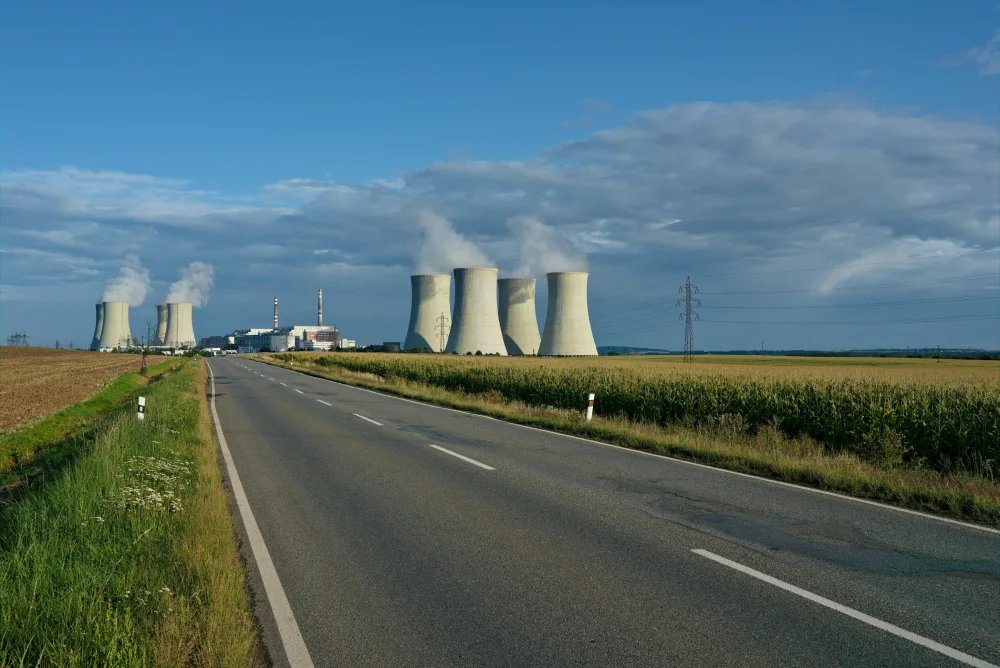Types of Nuclear Reactors: Exploring Nuclear Power Plants
2 minute readDiscover the different types of nuclear power plants and how they work
Home > Learning Center > Energy Production > The Difference Between Energy and Electricity
2 minute read • Graham Lumley • Last update November 2023

Energy is a much broader fundamental concept that refers to the capacity or ability to do work or cause change. Electricity is a specific form of energy that results from the existence of charged particles (like electrons). Electricity exists statically as an accumulation of charge or dynamically in a current (like the electricity that powers our homes). Energy and electricity are related concepts, but they are not synonymous.
All electricity is a form of energy, but all energy does not exist as electricity. It’s similar to squares and rectangles. All squares are rectangles, but all rectangles are not squares.

Energy is a broad and fundamental concept that refers to the capacity to do work or cause a change. It exists in various forms, including kinetic energy (associated with motion), potential energy (associated with position or state), thermal energy (associated with temperature), and more.
Energy is measured in joules (J) or other derived units such as kilojoules (kJ) or megajoules (MJ).
Electricity is a specific form of energy resulting from the existence of charged particles (such as electrons or protons), either statically as an accumulation of charge or dynamically as a current. In other words, electricity is a subset of energy, specifically the energy associated with the flow of electric charge.
Electricity is measured in units of watt-hours (Wh) or kilowatt-hours (kWh) when dealing with larger amounts of electrical energy.
To summarize once more, energy is a more general concept that includes various forms, including electricity. Electricity is one specific type of energy characterized by the flow of electric charge. Other forms of energy include mechanical, thermal, chemical, nuclear, and more. The distinction is crucial because it helps us understand that electricity is just one aspect of the larger concept of energy.

Discover the different types of nuclear power plants and how they work

Electricity has a fascinating and complex history that stretches back far beyond the modern era. From the ancient Greeks who discovered static electricity to the scientific revolutions of the 18th and 19th centuries that unveiled its true potential, the journey of electricity is a tale of curiosity, experimentation, and groundbreaking…
Texans can save up to
$500 per year
by switching to BKV Energy.